In a significant turn of events on October 23, 2023, the Fifth Circuit Court of Appeals made a ruling that upholds the constitutionality of the Texas drone law, contrary to a previous decision. This reversal has sparked concerns among the National Press Photographers Association (NPPA) members in Texas, bringing forth numerous implications for drone journalists, their employers, and clients in the region.
Back in March of 2022, a federal judge had declared the Texas drone law (Texas Gov’t Code Ch. 423) unconstitutional, stating it infringed upon the rights of Free Speech and Due Process. The law in question had initially been deemed too restrictive, hindering the ability of journalists to gather News using drones. The recent decision by the Fifth Circuit Court of Appeals to uphold the law now places drone journalists in a precarious position.
In an open letter to its Texas members, the NPPA expressed its disagreement with the appellate court’s decision and revealed plans to consult with Legal experts and leadership on possible next steps. The organization stresses the importance of drone journalists in Texas reassessing their use of drones in light of this development.
One crucial aspect for consideration is the associated risks, which should be communicated clearly with employers and clients. The NPPA highlights a particularly noteworthy point in the statute, § 423.004, which states that even publishing a photograph captured in violation of the law is an offense.
The appellate court, in its analysis, seems to have assumed that all violations of Chapter 423 are, by default, violations of privacy rights. The NPPA counters this by stating that the statute’s reach is broader and has, in the past, been used to target journalists in situations where privacy was not an issue. The organization reminds its members that ethical journalistic practices, including respecting privacy, are paramount.
However, the NPPA also points out a potential silver lining in the appellate court’s opinion, noting that the court has left room for “as-applied” challenges. This means that if a journalist faces prosecution or a lawsuit for drone use deemed to be protected under the First Amendment, there may still be an opportunity to contest the law based on specific circumstances.
“In a very significant drone law update, the prior decision in Texas articulating a First Amendment right to drone journalism, and striking down a Texas statute that interfered with that right, has just been overturned by the Fifth Circuit,” said former DJI Vice President of Policy & Legal Affairs, Brendan Schulman. “Depending on what the plaitiffs decide to do, this could be the first drone law case to go to the US Supreme Court.”
As the NPPA continues to navigate through these legal complexities, they ASSURE their members that they remain available for consultation and will provide updates on any further developments in the case. The organization concludes its message by thanking its members for their unwavering support, emphasizing the importance of standing together as they tackle these challenges head-on.
For further details, you can refer to the original article on NPPA.
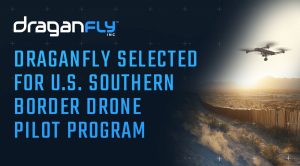
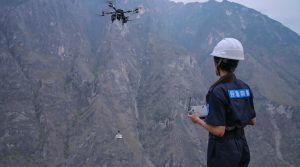

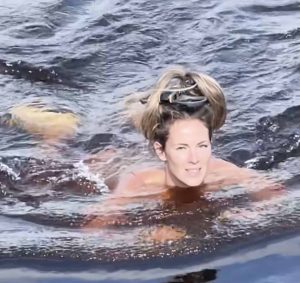
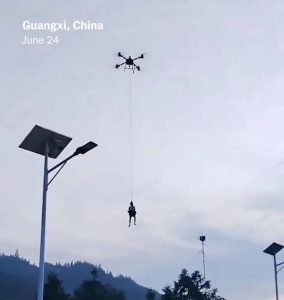
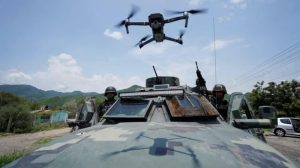

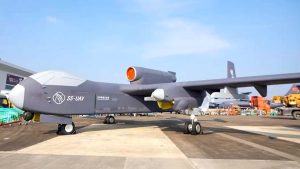
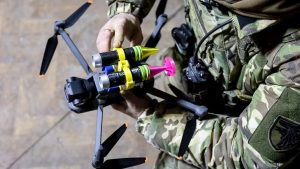
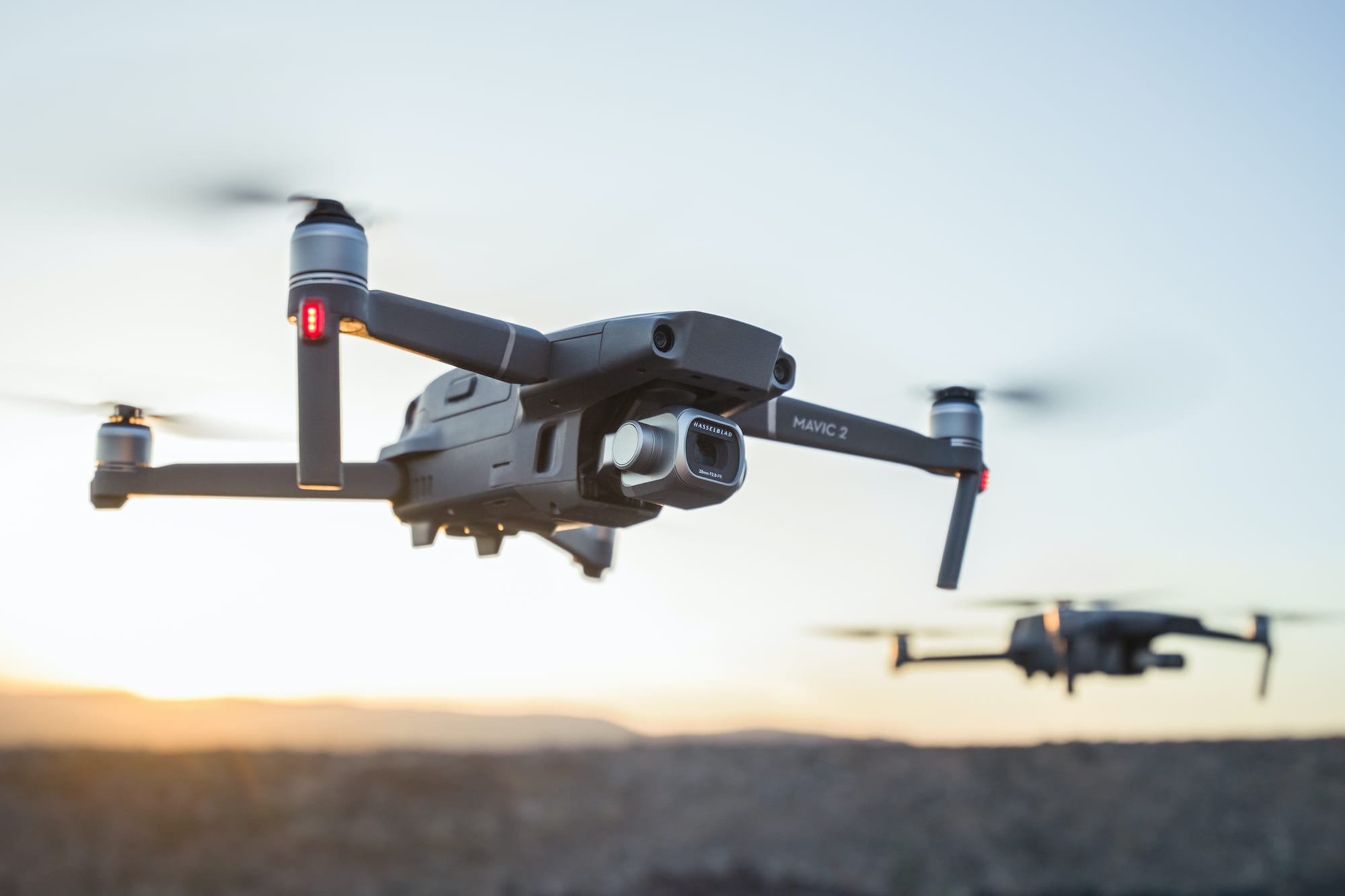

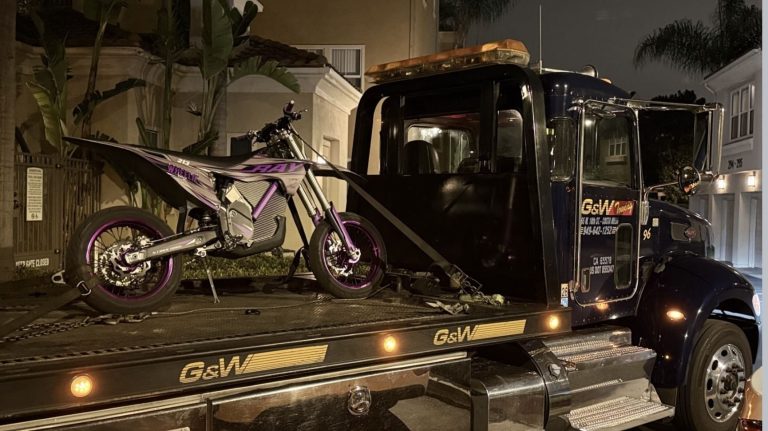
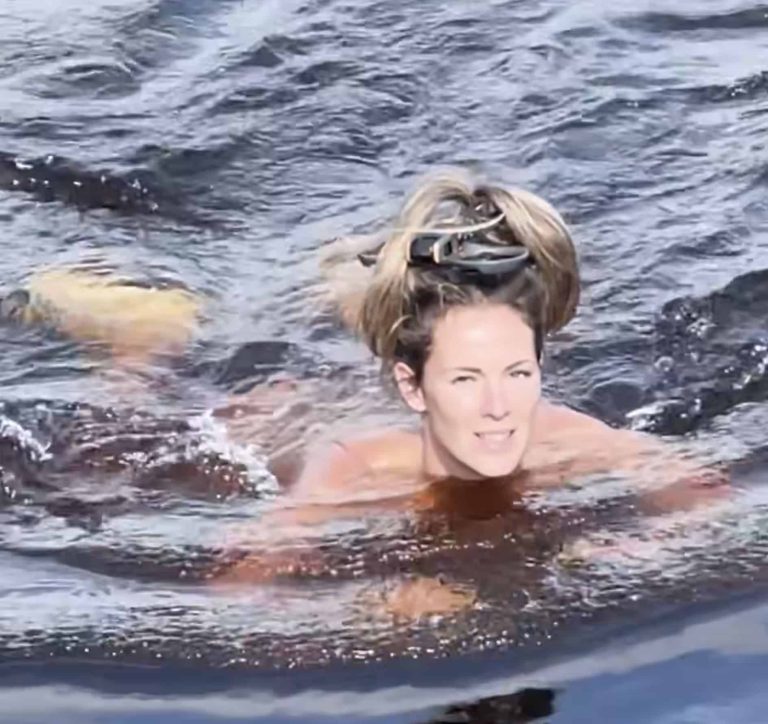
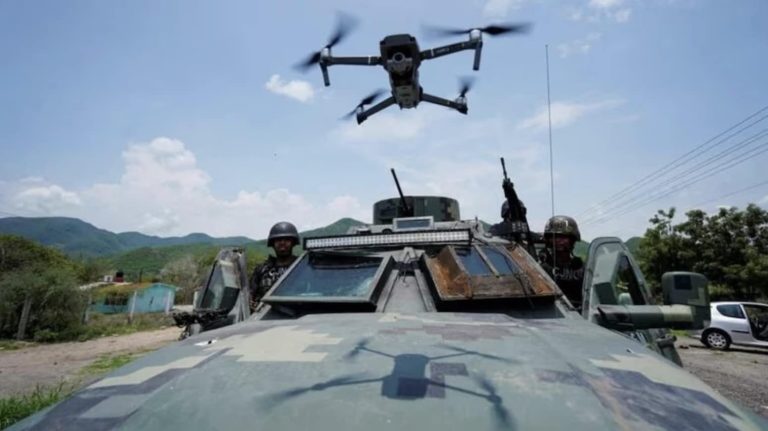

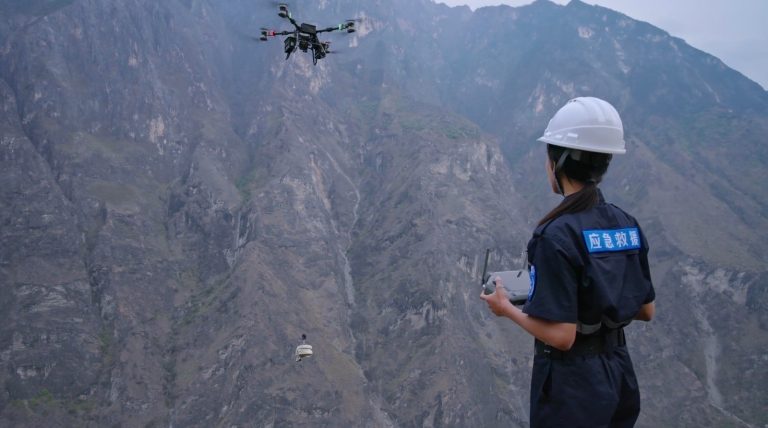

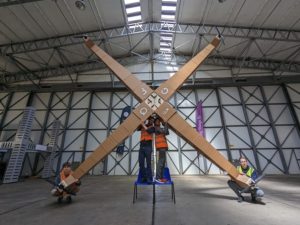
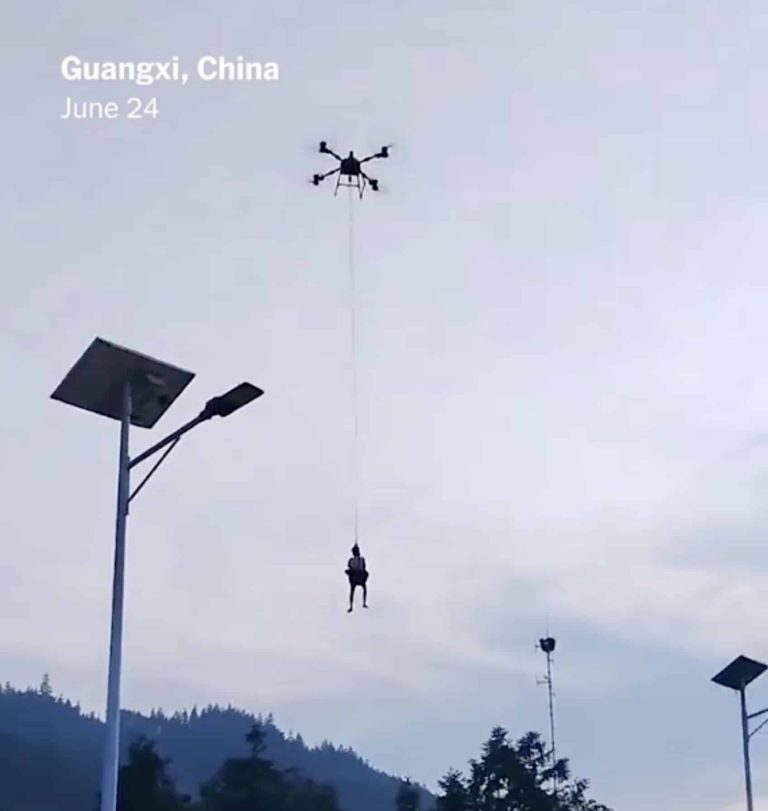

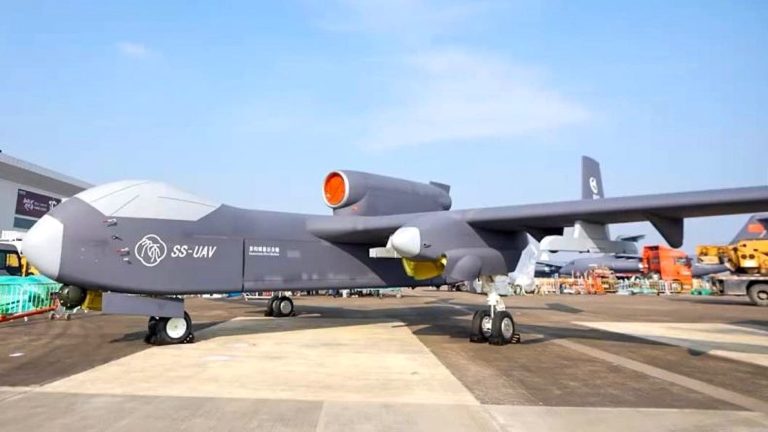
+ There are no comments
Add yours